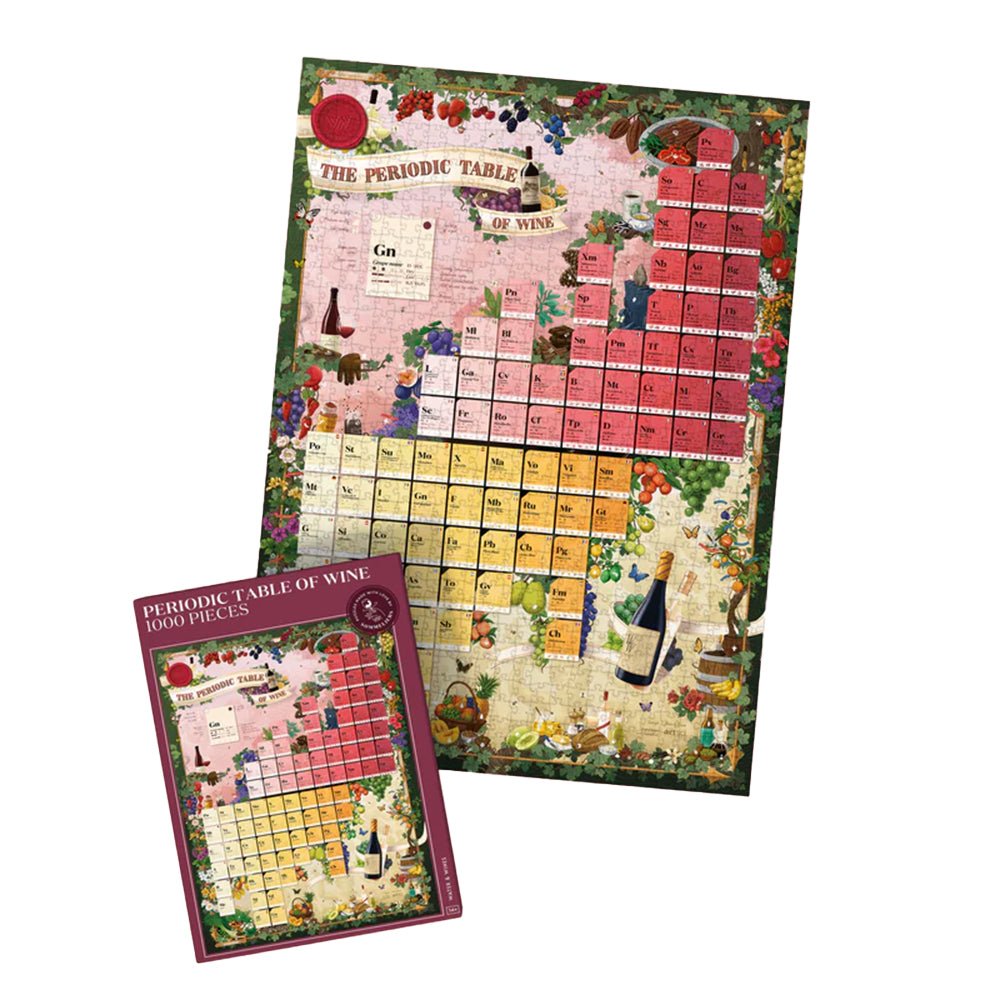Tasting Wine on a Plane
Flying high in the sky can be a fantastic experience, but did you know that it can affect the taste of wine? Whether you're a seasoned traveler or a first-time flyer, you may have noticed that wine tastes different on a plane. In this article, we explore the scientific reasons behind this phenomenon and provide tips for maximising your wine experience at high altitudes.
How Altitude Affects Wine Taste
The taste of wine is influenced by several factors, including the grape variety, soil, climate, and winemaking process. However, the altitude at which wine is consumed can also play a significant role in how it tastes. When flying, the cabin pressure is significantly lower than at sea level, and the air is dry. This change in air pressure and humidity can affect our ability to taste and smell, leading to changes in the way we perceive flavours and aromas.
One study published in the Journal of Agricultural and Food Chemistry found that the decrease in air pressure and humidity on an airplane can lead to a decrease in our ability to detect certain flavours and aromas in wine. The study revealed that the taste of red wine was particularly affected by altitude, with tannins and bitterness becoming more pronounced, and fruity and floral notes being reduced.
How to Maximise Your Wine Experience on a Plane
Now that we know how altitude can affect the taste of wine let's explore some tips for maximising your wine experience on a plane:
Choose the Right Wine
When flying, it's best to choose wines that are full-bodied and rich in flavour. These wines tend to hold up better in the dry and pressurised environment of an airplane cabin. Avoid light-bodied and delicate wines, as they may taste flat and lack complexity.
Let the Wine Breathe
Before drinking, it's essential to let your wine breathe for a few minutes. This will help the wine open up and release its aromas and flavors. You can do this by swirling the wine in your glass or decanting it if you have a bottle.
Stay Hydrated
Drinking water is essential when flying to avoid dehydration, which can affect your ability to taste and smell. It's recommended to drink one glass of water for every glass of wine consumed. You can also ask for a glass of water with your wine to help cleanse your palate between sips.
Use a Wine Glass
Using a wine glass can enhance your wine experience on a plane. A proper wine glass allows for better aeration, which helps to release the wine's aromas and flavosrs. If you don't have a wine glass, try to use a glass with a wide opening to allow for better aeration.
Enjoy the Experience
Finally, it's essential to enjoy the experience of drinking wine on a plane. The novelty of drinking wine in the sky can be a unique and exciting experience, so sit back, relax, and savour the moment.
In conclusion, the taste of wine is affected by several factors, including altitude. When flying, the dry and pressurised environment of the airplane cabin can affect our ability to taste and smell, leading to changes in the way we perceive flavours and aromas. By choosing the right wine, letting it breathe, staying hydrated, using a wine glass, and enjoying the experience, you can maximise your wine experience on a plane.





